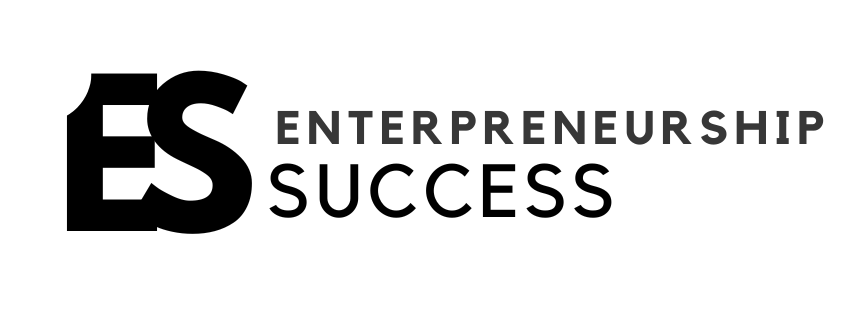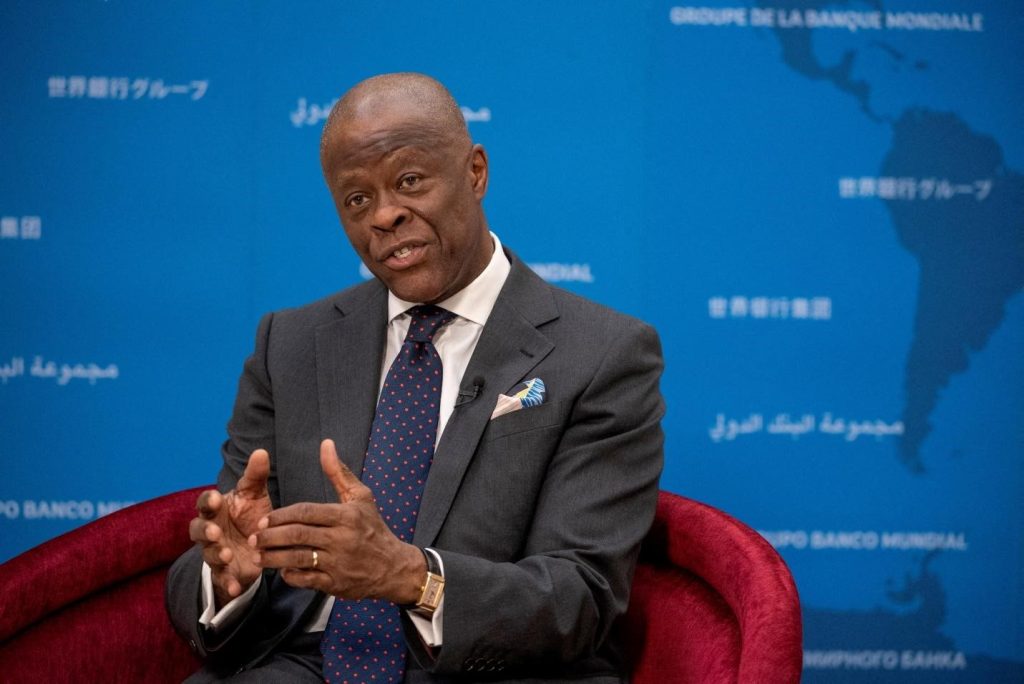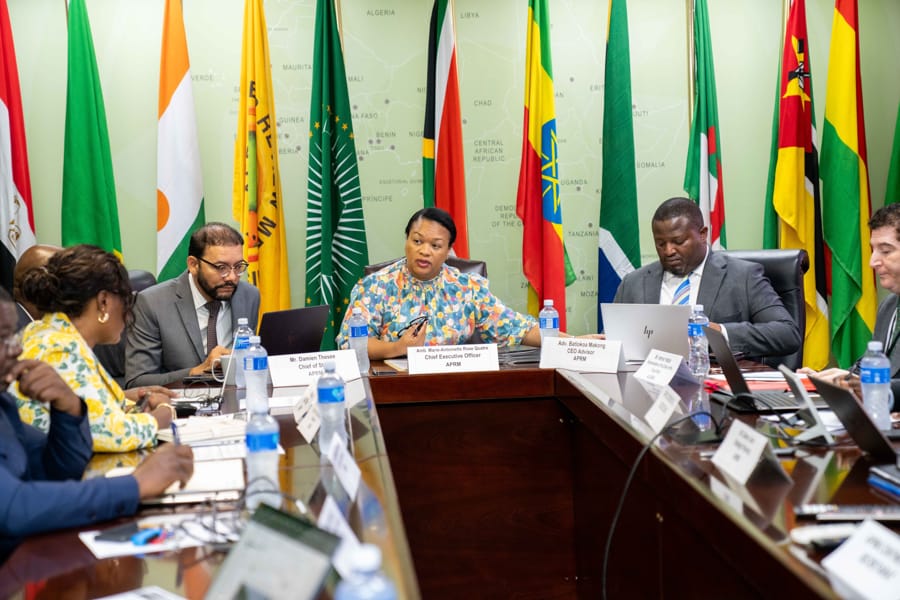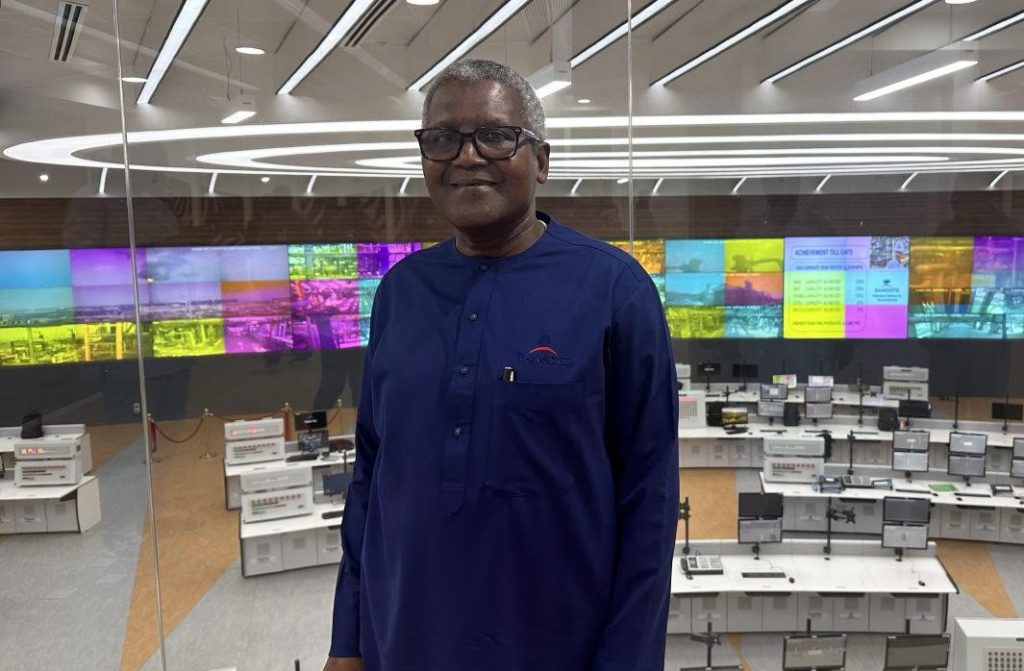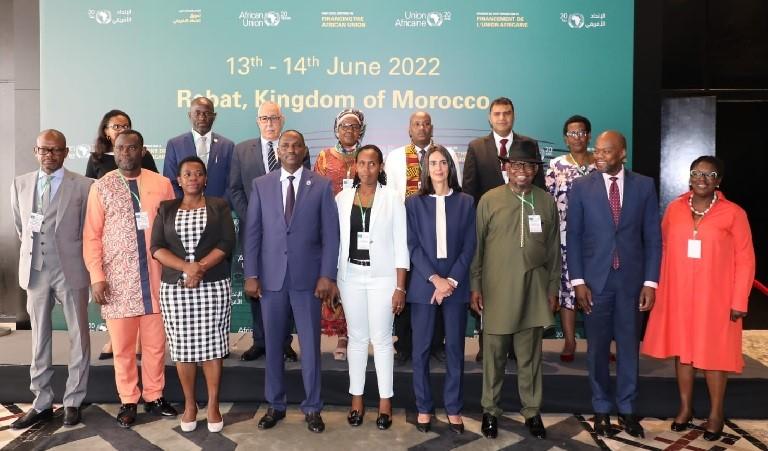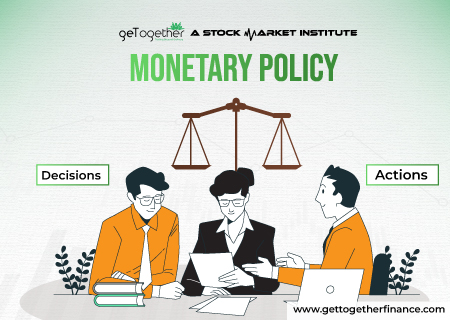NIGERIA’S ECONOMIC RECOVERY AGENDA
Under President Bola Ahmed Tinubu’s administration, Nigeria’s economic recovery efforts are coordinated through various government agencies and strategic initiatives rather than a single dedicated agency. Key components include: 1. National Economic Council (NEC): Chaired by Vice President Kashim Shettima, the NEC advises the President on economic policy and includes state governors and the Central Bank Governor. It plays a pivotal role in shaping and implementing economic strategies. 2. Federal Ministry of Finance: Led by Minister Wale Edun, this ministry oversees fiscal policies, budgeting, and financial regulations. It is instrumental in implementing reforms aimed at economic stabilization and growth. 3. Budget Office of the Federation: Responsible for budget preparation and implementation, this office ensures alignment with national economic objectives. In 2024, President Tinubu appointed Tanimu Yakubu as its Director General. 4. Revenue Mobilisation Allocation and Fiscal Commission (RMAFC): This commission advises on revenue allocation and fiscal matters, contributing to the equitable distribution of resources. 5. National Credit Guarantee Company: Set to be established in May 2025, this entity aims to enhance credit access for businesses and individuals, fostering economic growth. President Tinubu’s administration has initiated several reforms, including the removal of fuel subsidies and currency devaluation, to address economic challenges. These measures have led to increased living costs, prompting both support and criticism. In summary, Nigeria’s economic recovery under President Tinubu is managed through a collaborative framework involving multiple agencies and strategic reforms, each contributing to the nation’s economic revitalization. Reforms, fiscal gains signal Nigeria’s economic recovery Finance Minister— Edun He made the disclosure in Abuja during the 2025 budget defense before the Senate Committee on Finance Joseph Inokotong. The Minister of Finance and Coordinating Minister of the Economy, Mr Wale Edun, has stated that Nigeria’s economy is making significant strides in recovery and growth. Edun, who was joined by the Minister of State for Finance, Dr. Doris Uzoka-Anite, the Permanent Secretary, Federal Ministry of Finance, Mrs. Lydia Shehu Jafiya, the Accountant General of the Federation, Dr. Oluwatoyin Sakirat Madein, as well as the Ministry’s Directors, outlined the President Bola Ahmed Tinubu-led Administration’s efforts to stabilise the economy through key reforms and fiscal measures. Edun highlighted the broad impact of the reforms to include the liberalisation of the foreign exchange market, deregulation of petroleum pricing, and the expansion of domestic refining capacity. He explained that these measures are driving fiscal stability, reducing inefficiencies, and creating a more sustainable economic framework. The Minister acknowledged, however, that while the reforms may bring short-term discomfort, their long-term benefits will include job creation, poverty reduction, and greater economic resilience. He emphasized the government’s commitment to infrastructure development, particularly in digital networks and energy, to improve productivity and attract private sector investments. In a statement, Mohammed Manga, Director, Information and Public Relations in the Federal Ministry of Finance said the Senate Committee on Finance approved the Ministry’s N38 billion 2025 budget. They commended the Ministry’s leadership for its commitment to fiscal discipline and economic recovery. Edun expressed confidence in Nigeria’s brighter economic future, noting that the reforms will transform the country’s economic landscape and improve the standard of living. Under the leadership of Vice President Kashim Shettima, the National Economic Council (NEC) has undertaken several initiatives aimed at bolstering Nigeria’s economic stability And growth. Key outcomes from recent NEC meetings include: 1. Food Security and Agricultural Support In February 2024, the NEC addressed challenges in the agricultural sector by focusing on enhancing food security and affordability. The council resolved to make fertilizers more accessible to farmers and proposed the establishment of Agro-Rangers to safeguard farms from insecurity. Vice President Shettima, emphasized the importance of collaborative efforts to develop actionable strategies for overcoming economic challenges. 2. Economic Stability and Policy Reforms At the 136th NEC meeting in September 2023, Vice President Shettima highlighted economic stability as a priority for the Tinubu administration in 2024. He urged federal, state, and local governments to re-evaluate priorities, streamline processes, and make bold decisions addressing social issues such as social protection, investment, and nutrition. The Vice President commended President Bola Ahmed Tinubu’s courage in implementing bold reforms to re-position the economy. 3. Combating Malnutrition In September 2024, the NEC endorsed the N-774 programme as a primary platform to combat malnutrition across Nigeria. This decision followed a presentation on the nation’s nutritional status by the Coordinating Minister of Health and Social Welfare, Ali Pate. The council resolved to prioritize nutrition interventions in the 2025 budget at all government levels and encouraged development partners to provide financial and technical assistance for monitoring and scaling successful interventions. 4. Data Collection and Technological Integration During the 2024 World Population Day commemoration, Vice President Shettima emphasized the need for improved data collection and technological deployment to generate comprehensive evidence guiding government decisions and investments. He advocated for the use of advanced technology to strengthen data systems and institutions, which would support resilient and equitable development pathways. 5. Addressing Economic Challenges and Poverty In December 2023, Vice President Shettima called for a strong alliance among all government levels and development partners to alleviate poverty and enhance Nigerians’ quality of life. He stressed the importance of aligning efforts to create an environment where every citizen has the opportunity to thrive. These initiatives reflect the NEC’s commitment to addressing Nigeria’s economic challenges through collaborative and strategic approaches under Vice President Shettima’s leadership. Source: Federal Ministry of Information Under President Bola Tinubu’s leadership, Nigeria has undertaken significant economic reforms aimed at stabilizing and revitalizing the economy. Here’s an overview of the outcomes in key areas: 1. Fuel Subsidy Removal: In May 2023, President Tinubu announced the removal of the longstanding fuel subsidy, a move that had been draining substantial government resources. By July 2023, the government reported savings exceeding 1 trillion naira (approximately $1.32 billion) within just over two months of subsidy removal. However, the immediate aftermath saw a sharp increase in fuel prices, leading to widespread public protests and economic hardship for many Nigerians. In response, the government partially reversed the subsidy removal by capping retail fuel and
